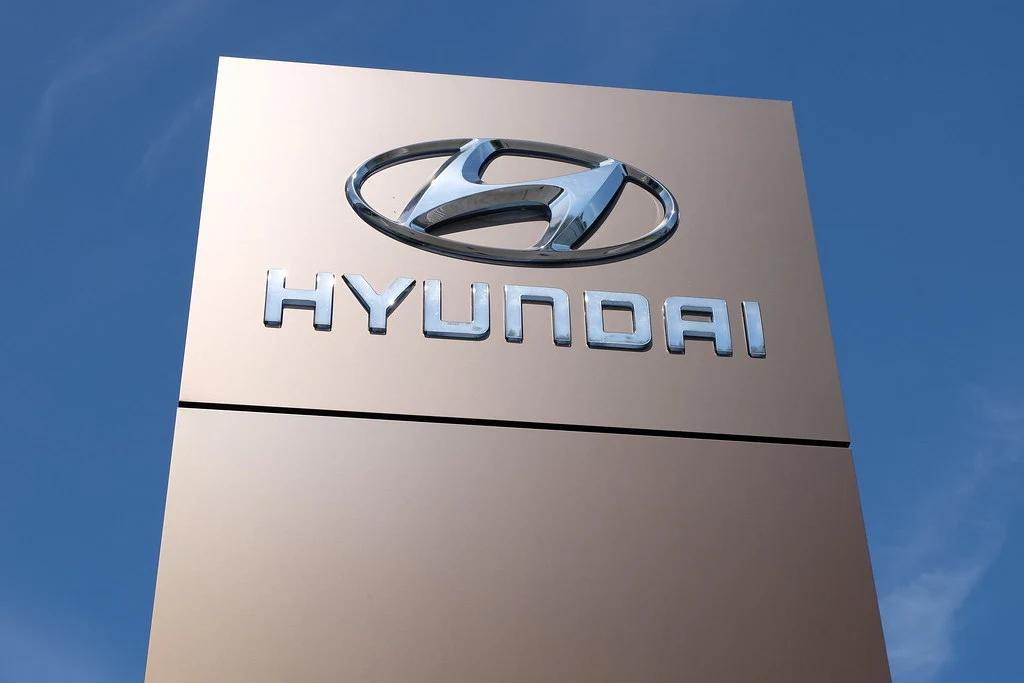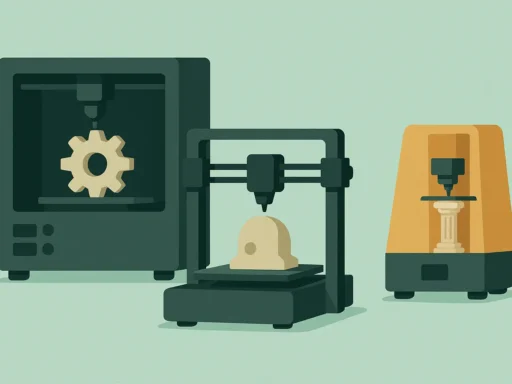Korean automotive giant Hyundai has announced plans to establish a new 3D printing R&D facility alongside the Nanyang Technology University (NTU) in Singapore.
Launched in partnership with the country’s Agency for Science, Technology, and Research (A*STAR), the lab is being set up to foster the development of green energy technologies.
In addition to 3D printing, this will see significant research poured into AI, robotics, advanced materials, and renewables – in particular – hydrogen energy and small modular reactors.
“The research partnerships between NTU Singapore and the Hyundai Motor Group reflect how close collaboration with industry is vital in developing innovative and relevant solutions to address real-world issues,” said Professor Lam Khin Yong, VP of Industry at NTU.
“We will continue to build on our long-standing partnership with Hyundai Group, leveraging NTU’s core strengths,” he added.
Over a three-year project, the partners aim to advance Hyundai’s plastic to hydrogen (P2H) and waste to hydrogen (W2H) systems, which turn discarded food and polymers into energy.
According to the researchers, their two easily installable, modular recycling technologies could one day help highly urbanized countries like Singapore achieve full carbon neutrality.
That’s a bold claim, especially with the world seemingly intent on switching to electric vehicles. But with Hyundai onboard, hydrogen clearly still has a role to play in a sustainable future.






